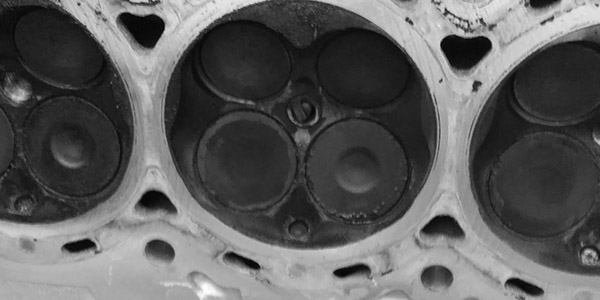Carbon Deposit Q&A
Follow along to learn more about carbon deposits.
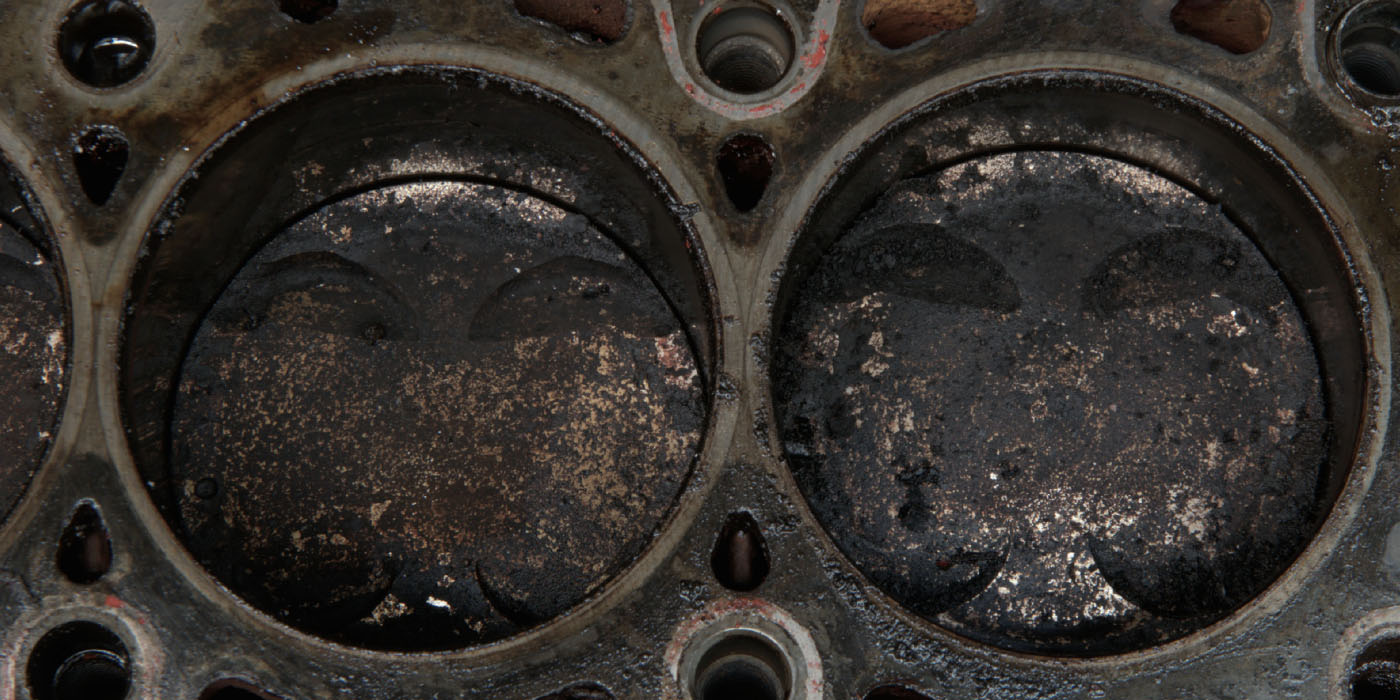
Carbon Deposits and Direct Injection Engines
The primary cause of these problems is that fuel and added detergents are not hitting the back of the intake valves.
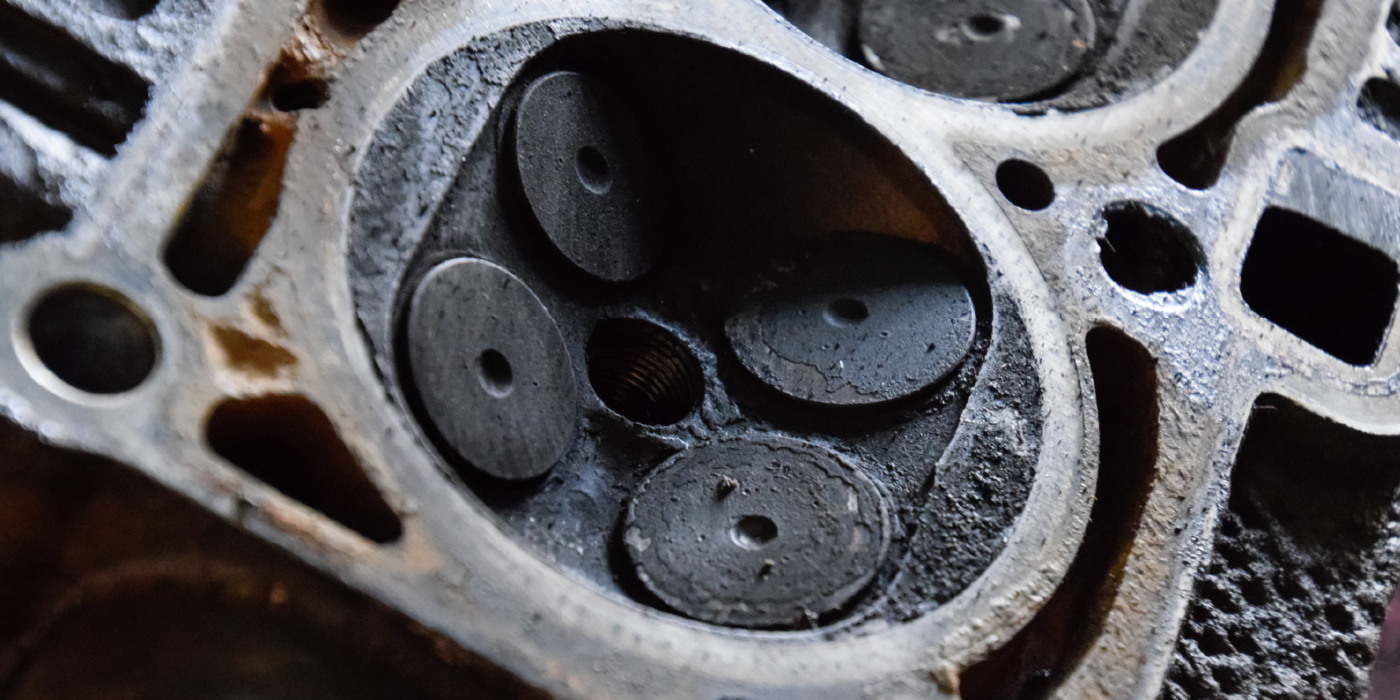
Oil and Carbon Deposits
Here’s how oil can influence carbon deposits.
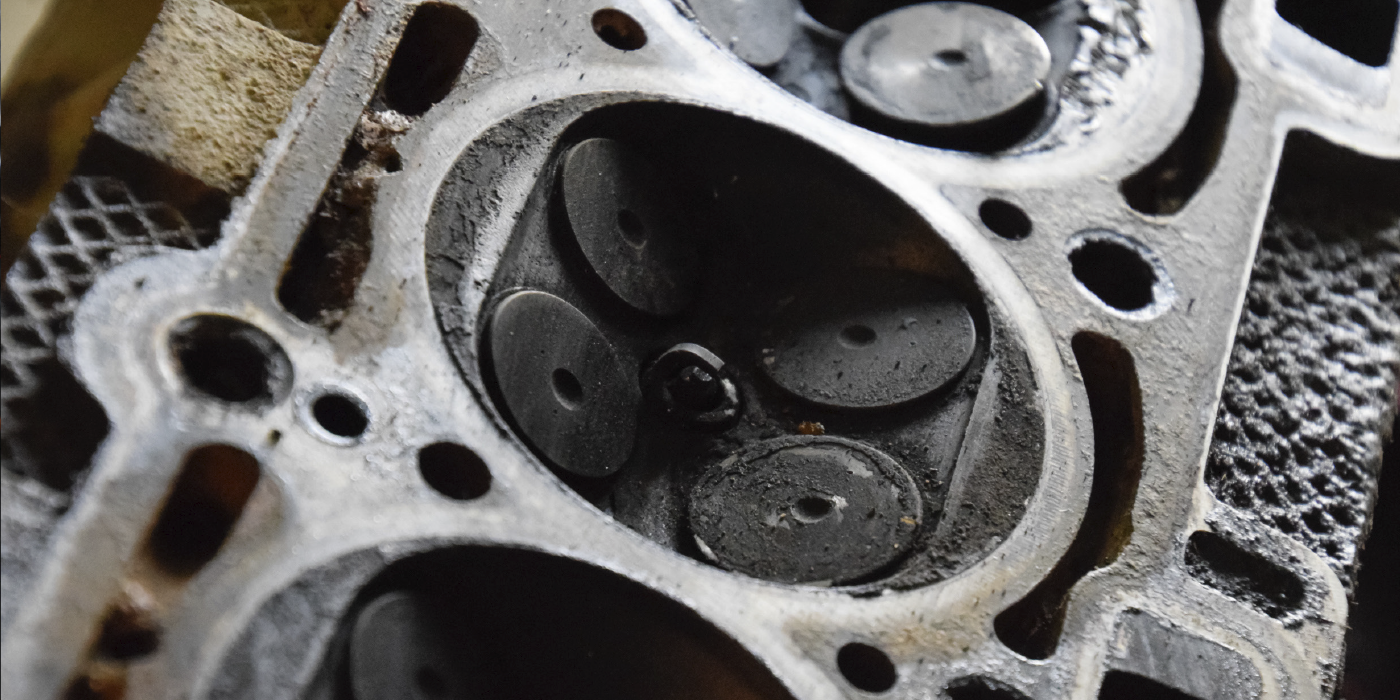
DTC P0171 And The Connection to Carbon Deposits (VIDEO)
Carbon deposits could be causing code P0171. This video is sponsored by Rislone.
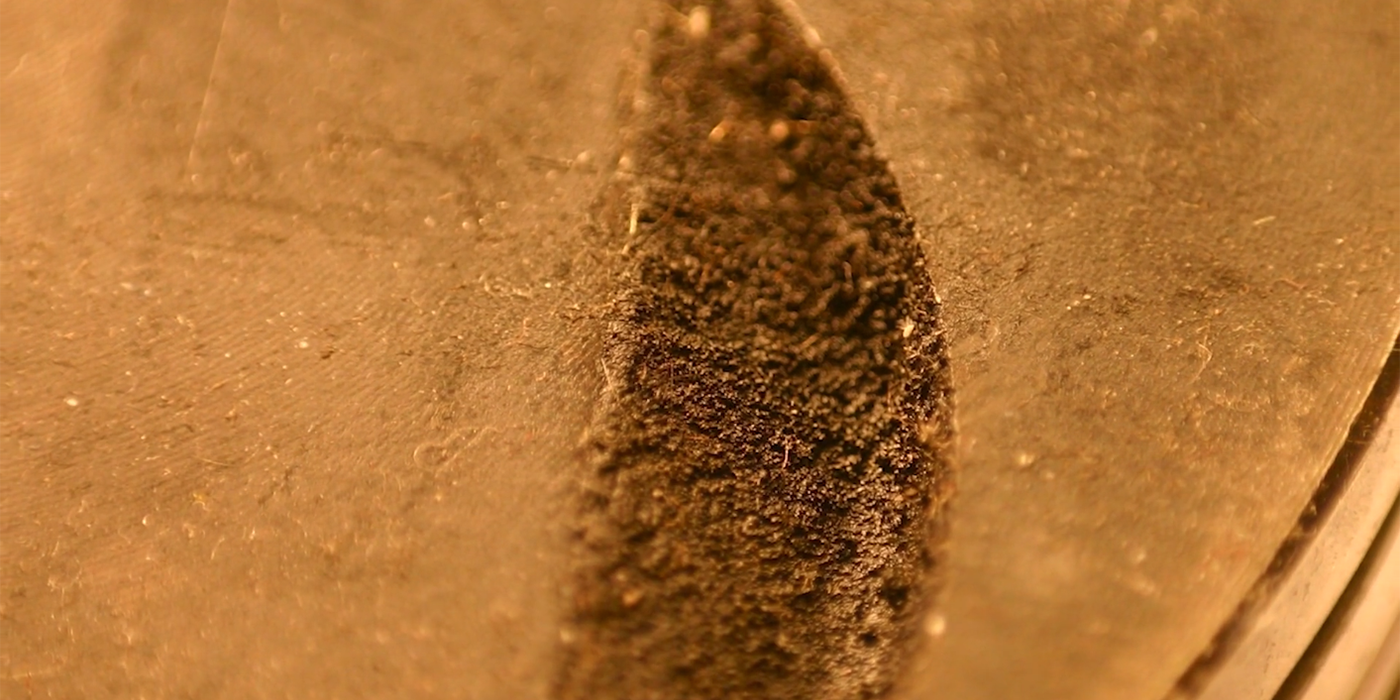
Direct Injection and Turbochargers
Making more power with less displacement puts additional stress on the engine.
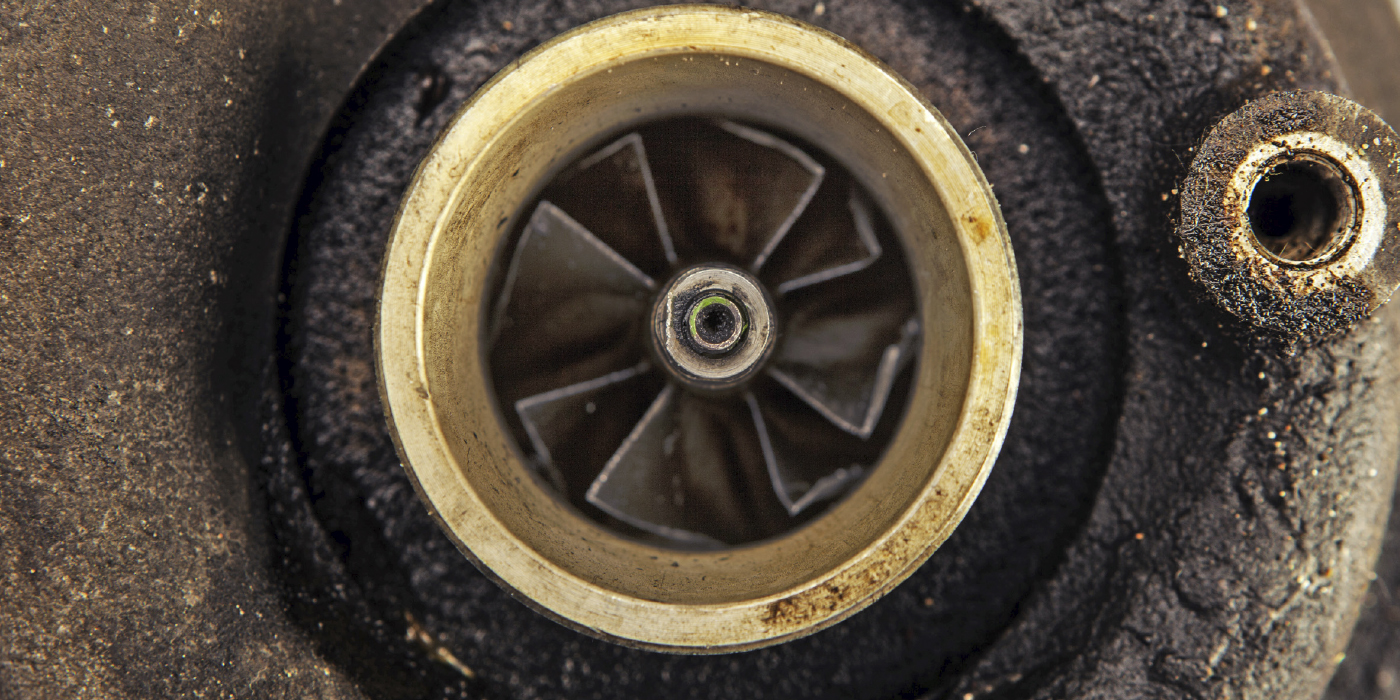
VIDEO: Solving The Carbon Deposit Conundrum
Carbon deposits can be formed by varying cylinder temperatures. This video is sponsored by Rislone.
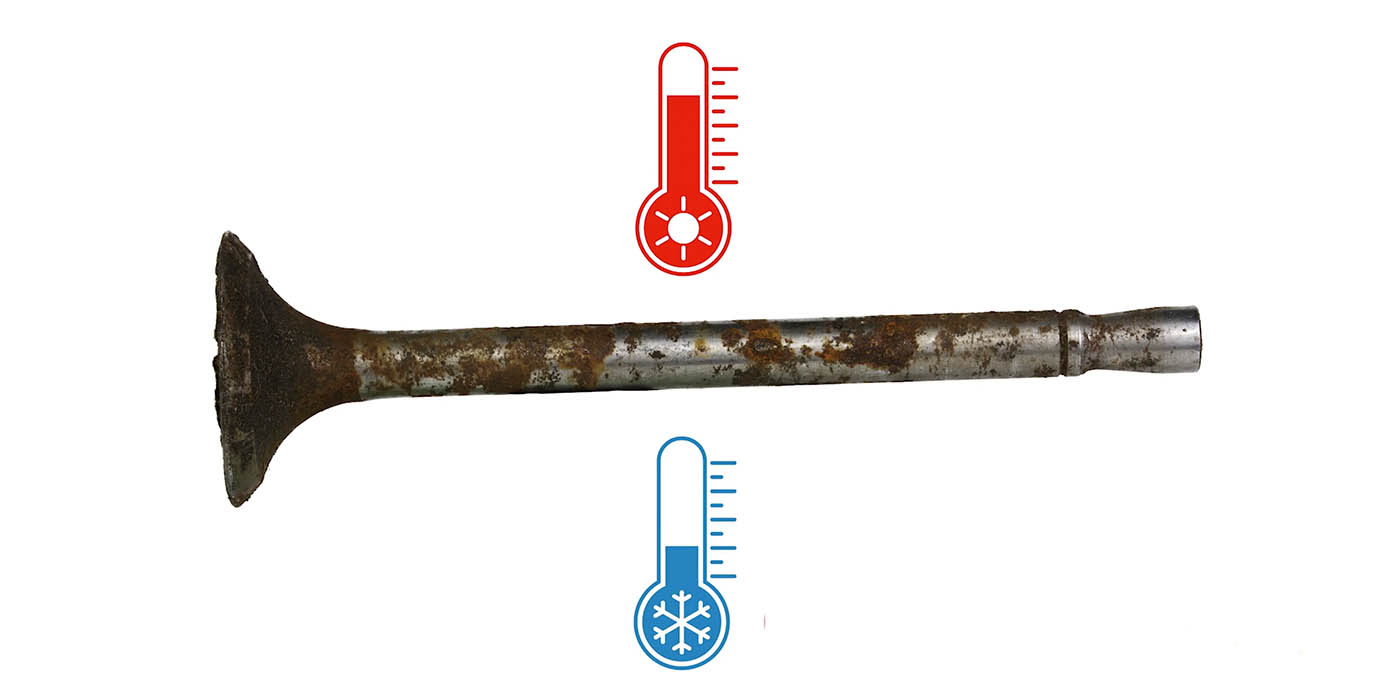
Chasing The Perfect Combustion Event
The perfect internal combustion engine would put the exact amount of fuel and air into the combustion chamber.

VIDEO: Throttle Body Not Working? Try A Scan Tool
Installation is not a plug and play procedure for some vehicles. This video is sponsored by Auto Value and Bumper to Bumper.
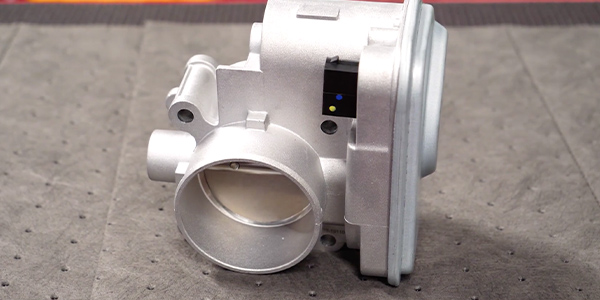
Measuring Compression And Cylinder Leak-Down Is A Vital Skill
Today’s engine systems can recognize conditions that are destructive and take countermeasures to prevent damage.

Oil And Carbon Deposits
Gains in power and fuel economy have been realized with direct injection and turbocharging.

The Carbon Deposit Conundrum
Engine carbon deposits have been around for more than 100 years. They start out as fresh oil and gasoline. The engine uses heat, compression and combustion to turn most of the fuel into power. But, during some combustion events, a droplet of fuel or oil is transformed into a substance that can become a carbon deposit. This typically happens when there are conditions that are outside of the normal operating conditions.
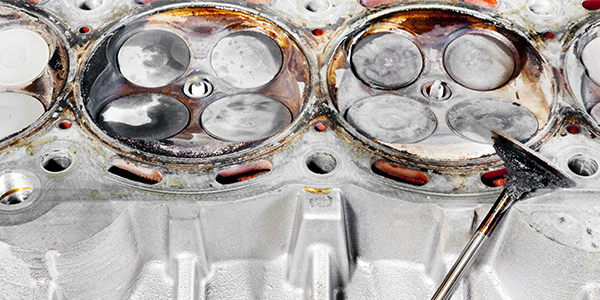
The Oil And Carbon Deposit Connection
Oil is made of carbon atoms. The oil in the crankcase is a highly refined carbon-based substance that is found in long chains with strong bonds that are typically uniform in size and shape. They work well together to lubricate the engine and protect the bearings, as they are engineered to withstand extreme temperatures.
